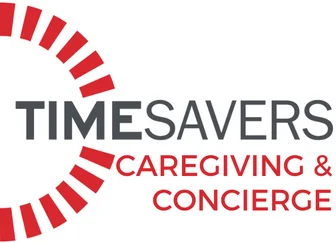As the demand for in-home caregiving continues to grow, families face an important decision: should they hire a caregiver through a licensed and insured agency or directly contract a private caregiver? Understanding the differences between these options can help families make an informed choice based on their unique needs. Below, we explore the pros and cons of each approach.
Hiring a Caregiver Through a Licensed and Insured Agency
Pros:
- Vetted and Trained Caregivers: Agencies conduct thorough background checks, verify references, and ensure caregivers have the necessary skills and certifications.
- Reliability and Backup Coverage: If a caregiver is unable to work due to illness or other emergencies, agencies can provide a replacement caregiver to avoid service disruptions.
- Liability Protection: Agencies handle payroll, taxes, insurance, and workers’ compensation, reducing financial and legal risks for families.
- Quality Assurance: Agencies often provide ongoing supervision, training, and support to maintain high standards of care.
Cons:
- Higher Costs: Hiring through an agency typically costs more due to administrative fees and overhead expenses.
- Less Control Over Caregiver Selection: While agencies strive to make compatible matches, families may not have as much influence in choosing their caregiver.
- Structured Scheduling: Agencies may have set policies regarding minimum hours or services that may not fully align with a family’s preferences.
Hiring a Private Caregiver
Pros:
- Lower Costs: Families often save money by avoiding agency fees.
- More Flexibility: Families have greater control over scheduling and negotiating terms directly with the caregiver.
- Personalized Selection: Families can hand-pick their caregiver after interviewing and evaluating candidates.
Cons:
- Administrative Burden: Families are responsible for managing payroll, taxes, and compliance with labor laws, including overtime pay.
- Liability Risks: Families may be financially responsible for injuries or other incidents that occur while the caregiver is on duty.
- Limited Backup Options: If the caregiver is unavailable, families must scramble to find alternative care.
- Unverified Credentials: Private caregivers may not have undergone thorough background checks or received ongoing training.
Which Option Is Best for You?
The decision depends on your family’s priorities, budget, and risk tolerance. If reliability, legal protection, and peace of mind are top concerns, hiring through a licensed and insured agency may be the better choice. However, for those seeking cost savings and greater scheduling flexibility, a private caregiver might be a suitable solution—with the understanding that families take on additional responsibilities.
Ultimately, careful consideration of your loved one’s needs and a clear understanding of the caregiving landscape will guide you toward the best decision. Regardless of the path you choose, ensuring your loved one’s safety and well-being should always be the highest priority.

